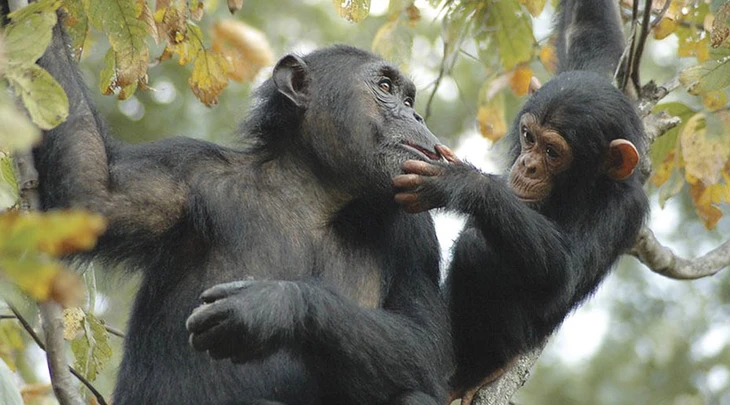
Photo: Jane Goodall Institute (JGI)
In more than 30 years of observing wild chimpanzee populations in Gombe National Park (Tanzania), a team of scientists discovered that females that bond closely with other females - through foraging, grooming and traveling together - have a 95% chance of their calves surviving to the age of 1.
Meanwhile, mothers who socialize less have a rate of only 75%. This protective effect is maintained until the fifth year, when the cubs are weaned.
"In species where females live with their mothers and siblings, it's understandable that social bonding helps," said Dr. Joseph Feldblum, lead author of the study. "But female chimpanzees often leave their family groups as adults, so this finding is particularly remarkable."
Scientists analyzed behavioral data from 37 chimpanzee mothers and 110 offspring, focusing on the level of social connection—specifically, the frequency of close encounters and grooming—in the year before birth. The goal was to avoid confusing infant loss with changes in postpartum social behavior.
Remarkably, the survival advantage did not depend on having close relatives such as mothers or sisters in the group, nor on being close to the male. It was the network of relationships between females that played the key role.
The researchers haven’t pinpointed the exact mechanism of protection, but they have a few hypotheses: “extroverted” chimpanzee mothers may receive less harassment, help guarding food sources or their young, or receive indirect support that makes them healthier and less stressed during pregnancy. In addition, social relationships not only persist before birth but also remain stable after birth, reflecting long-term bonds, not temporary alliances.
"The results don't prove absolute causation, but they do show the value of having individuals around who are supportive — or at least non-aggressive," Mr. Feldblum said.
The researchers say the findings may help explain the origins of humankind’s remarkable cooperativeness. Like chimpanzees, modern women can build networks of friends that can be beneficial even when they are far from home—for example, moving to a new city. These social foundations are thought to have laid the foundations for the large-scale cooperation that characterizes humans.
Source: https://tuoitre.vn/bat-ngo-bi-quyet-nuoi-con-cua-tinh-tinh-nhap-hoi-chi-em-20250704105932707.htm






![[Photo] Prime Minister Pham Minh Chinh receives President of Cuba's Latin American News Agency](/_next/image?url=https%3A%2F%2Fvphoto.vietnam.vn%2Fthumb%2F1200x675%2Fvietnam%2Fresource%2FIMAGE%2F2025%2F12%2F01%2F1764569497815_dsc-2890-jpg.webp&w=3840&q=75)






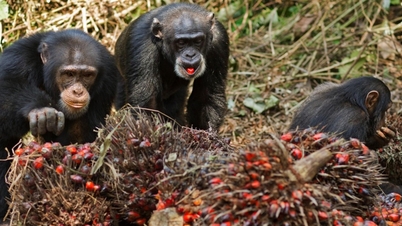



















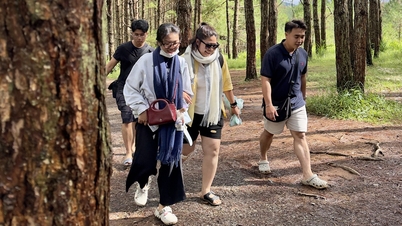











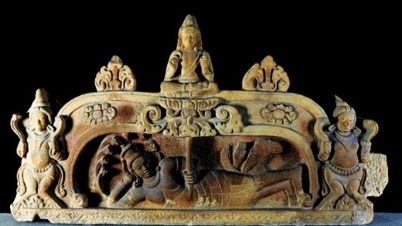
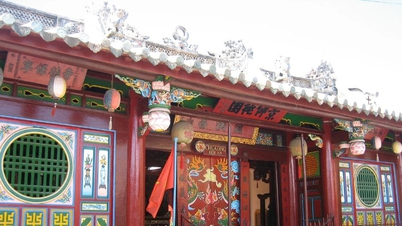

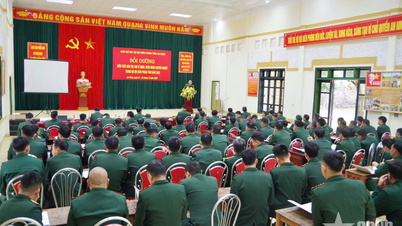






























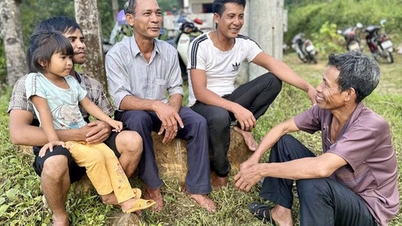


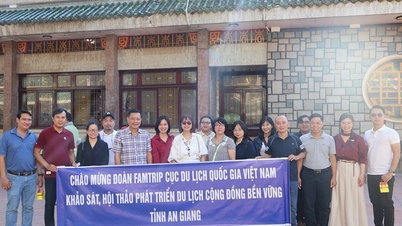



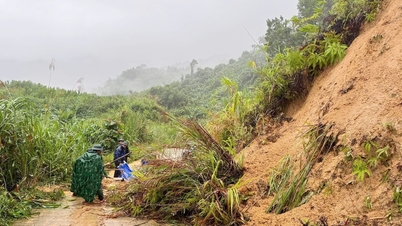






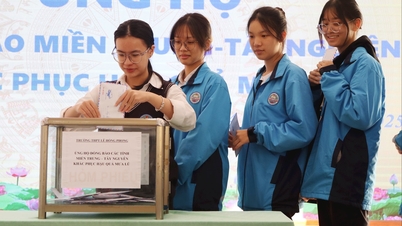














Comment (0)